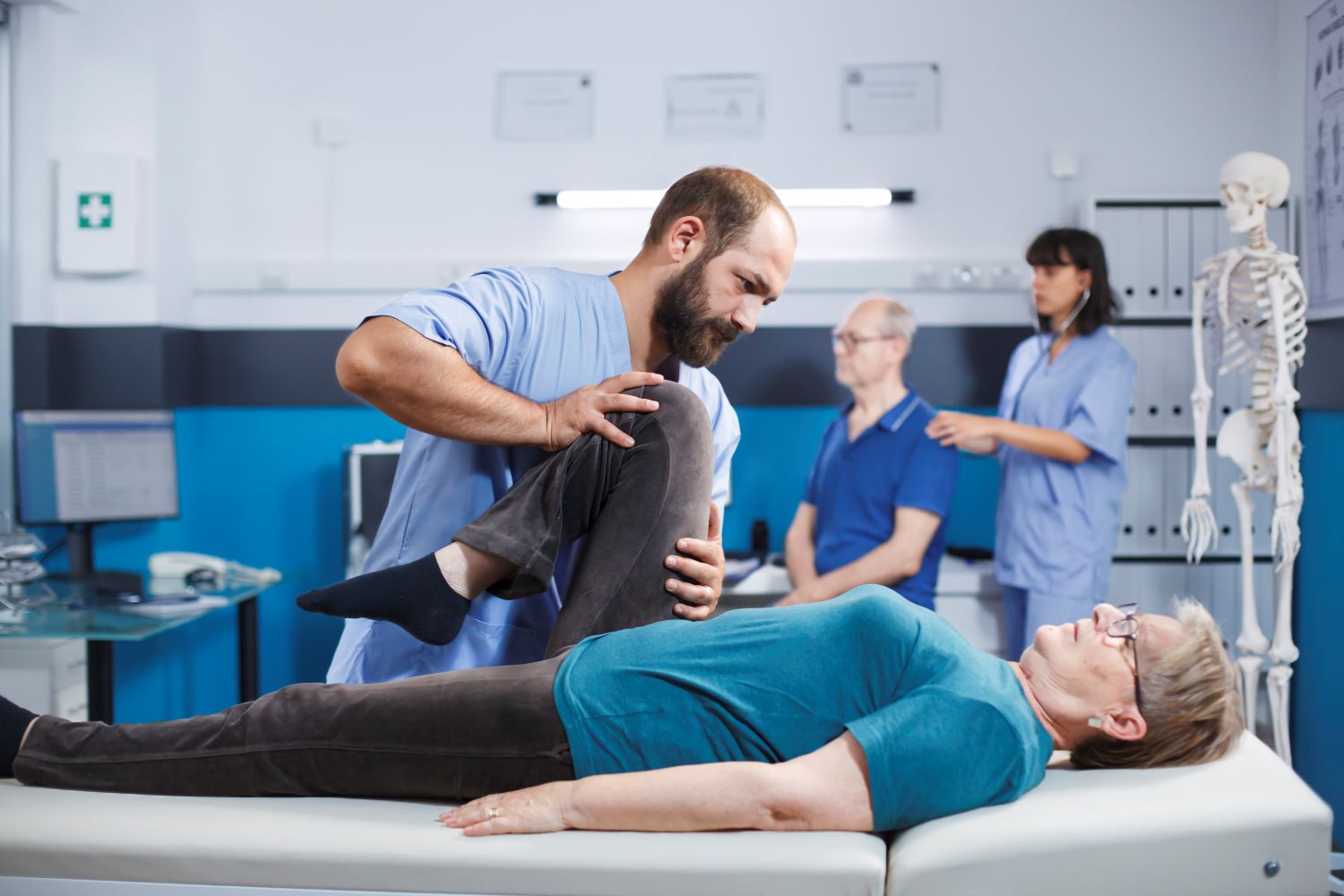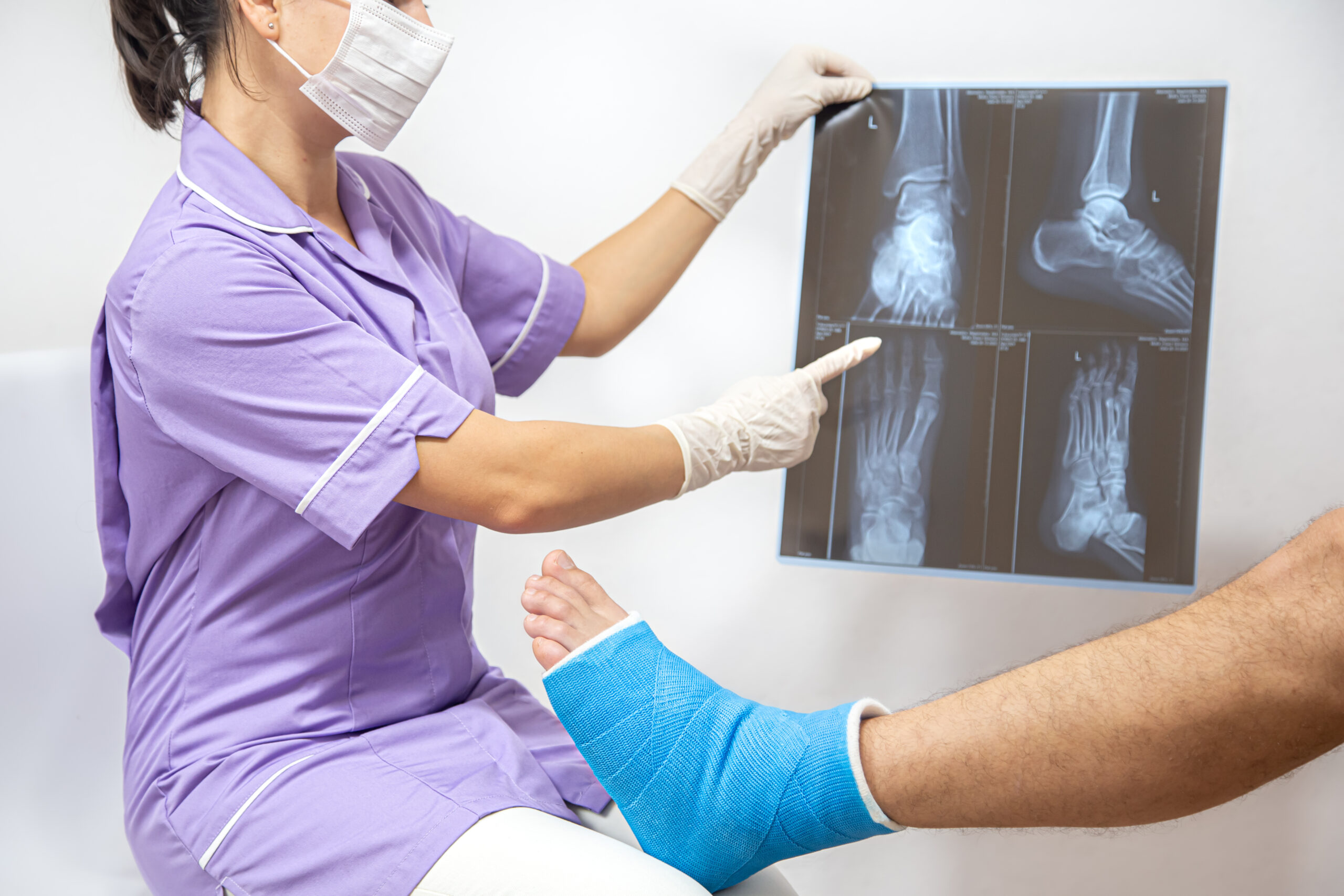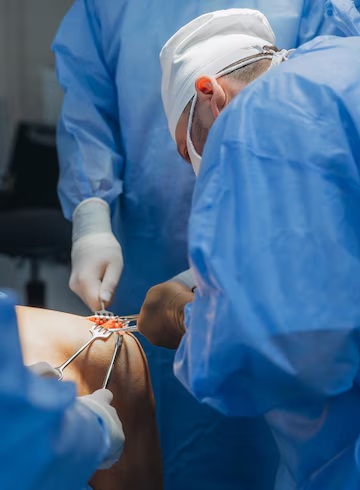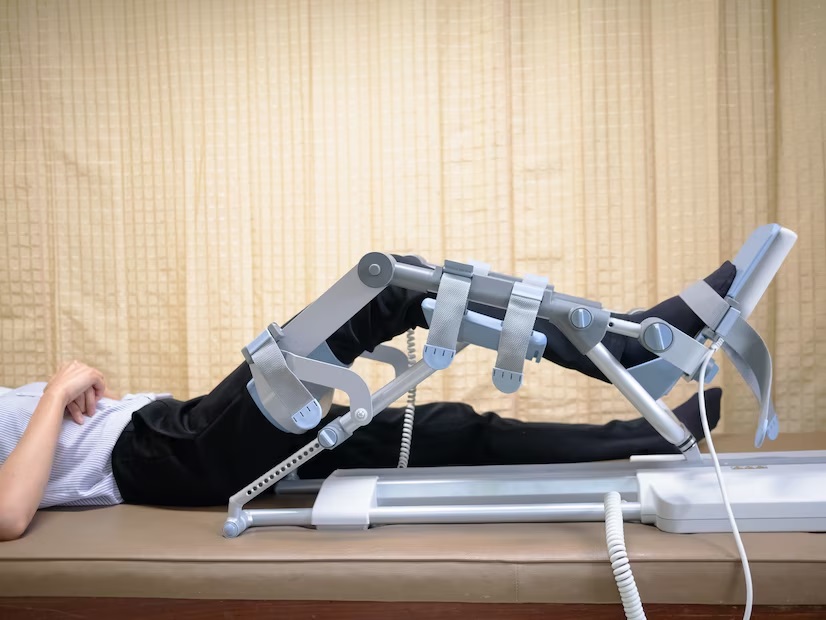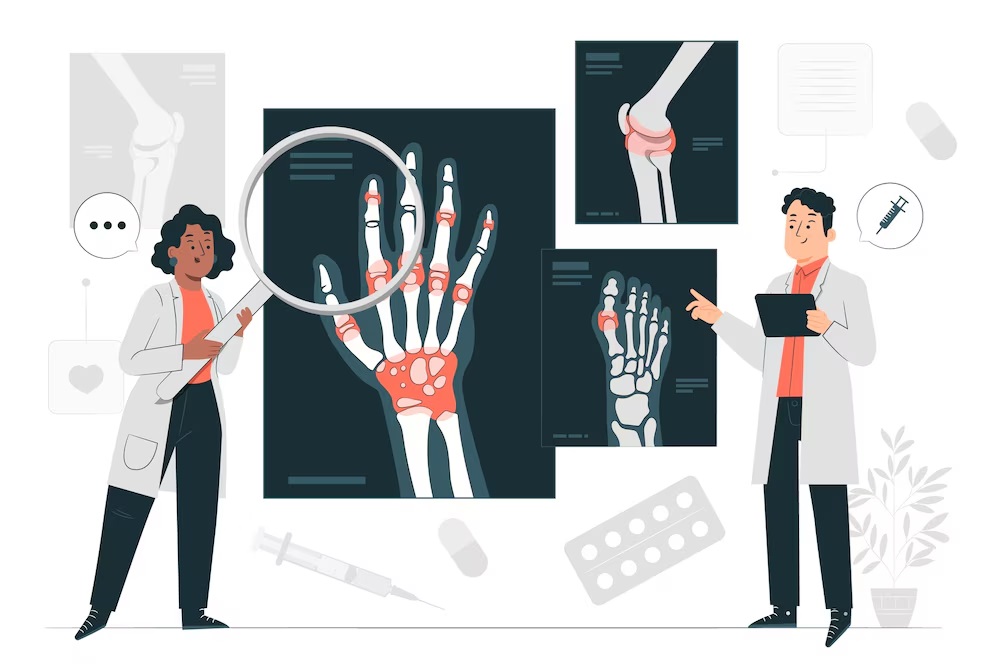If you’re looking to get back on your feet faster, you might be wondering if robotic surgery in the best knee replacement surgeon in Mumbai offers an advantage over traditional methods. Both techniques have their pros and cons, but when it comes to recovery time, there are some key differences. Let’s delve into the world of robotic surgery by an orthopaedic surgeon in Thane, Mumbai and explore if it truly translates to a quicker return to your normal routine.
Robotic surgery has emerged as a groundbreaking advancement in the field of medicine, offering a minimally invasive alternative to traditional open surgeries. One of the key considerations when comparing robotic surgery to traditional surgery is the recovery time. This article delves into the recovery time differences between robotic surgery and traditional surgery, shedding light on the benefits and implications for patients.
Robotic Surgery: A Paradigm Shift in Recovery Time
Robotic surgery by an orthopaedic surgeon in Thane, Mumbai, characterised by smaller incisions and precise movements facilitated by robotic arms controlled by surgeons, has revolutionised the recovery process for patients. Studies have shown that patients undergoing robotic surgery experience significantly shorter recovery times compared to traditional surgery. The minimally invasive nature of robotic procedures leads to reduced blood loss, less pain, and minimal scarring, allowing patients to return to their daily activities sooner.
Traditional Surgery: Challenges in Recovery
In contrast, traditional open surgeries often entail longer recovery periods, extended hospital stays, and a slower return to normalcy. The larger incisions made in traditional surgeries result in more tissue damage, increased blood loss, and prolonged healing times, contributing to a lengthier recovery process.
Comparative Analysis: Recovery Time Disparities
When comparing recovery times between robotic surgery and traditional surgery, the evidence overwhelmingly supports the notion that robotic surgery in the best knee replacement surgeon in Mumbai offers a quicker recovery period. Patients undergoing robotic procedures typically spend fewer days in the hospital, experience less postoperative pain, and can resume their daily activities within a shorter time frame.
Factors Influencing Recovery Time Discrepancies
Several factors contribute to the accelerated recovery time associated with robotic surgery. The precision of robotic-assisted procedures, reduced trauma to surrounding tissues, and enhanced visualisation of the surgical site all play a role in expediting the recovery process for patients. Additionally, the smaller incisions made in robotic surgery lead to decreased blood loss, lower infection rates, and overall improved surgical outcomes, facilitating a faster recovery.
Conclusion
In conclusion, the comparison between recovery times after robotic surgery from the best knee replacement surgeon in Mumbai and traditional surgery underscores the significant advantages of robotic procedures in promoting quicker recovery and enhanced patient outcomes. The minimally invasive nature of robotic surgery, coupled with reduced pain, blood loss, and scarring, positions it as a superior option for patients seeking a faster return to normalcy post-surgery. Healthcare professionals continue to evaluate individual patient needs and surgical expertise to determine the optimal approach, with robotic surgery standing out as a compelling choice for expedited recovery and improved recovery experiences.
By analysing the recovery time disparities between robotic surgery and traditional surgery, it becomes evident that robotic procedures offer a swiffer path to recovery, making them a preferred choice for patients seeking efficient and effective surgical interventions.
FAQs
What is robotic surgery, and how does it differ from traditional surgery?
Robotic surgery involves using advanced robotic systems to assist surgeons during procedures, offering greater precision and control. In contrast, traditional surgery typically involves manual techniques performed directly by the surgeon’s hands.
Why is recovery time an important consideration in surgical procedures?
Recovery time directly impacts a patient’s quality of life post-surgery. A quicker recovery can mean less pain, reduced risk of complications, and faster return to normal activities.
Does robotic surgery generally result in a quicker recovery compared to traditional surgery?
Studies suggest that in certain procedures, robotic surgery can lead to shorter hospital stays and faster recovery times due to its minimally invasive nature and precise movements.
What factors contribute to the potentially faster recovery time associated with robotic surgery?
Robotic surgery often involves smaller incisions, less tissue damage, reduced blood loss, and fewer postoperative complications, all of which can contribute to a speedier recovery process.
Are there any specific types of surgeries where robotic surgery offers a notable advantage in recovery time?
Procedures involving delicate or hard-to-reach areas, such as prostatectomies, hysterectomies, and certain types of cardiac surgeries, have shown significant improvements in recovery time with robotic-assisted techniques.




